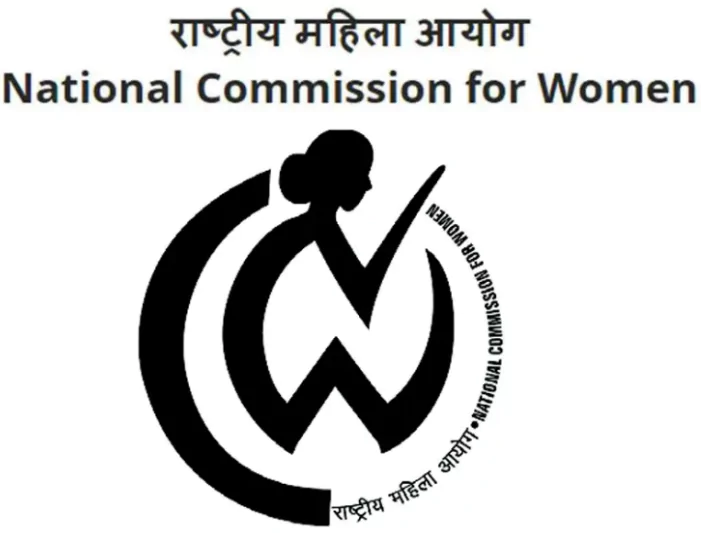The newly appointed Chairperson of the National Commission for Women, Vijaya Rahatkar, took charge recently.

About National Commission for Women
- The National Commission for Women (NCW) is an autonomous and statutory body established in 1992 under the National Commission for Women Act, 1990.
- Its primary purpose is to protect and promote the rights of women in India.
Enroll now for UPSC Online Classes
Functions of the National Commission for Women
- The NCW reviews the constitutional and legal safeguards available for women in the country.
- It recommends remedial legislative measures to address issues concerning women.
 The Commission facilitates the redressal of grievances related to violations of women’s rights.
The Commission facilitates the redressal of grievances related to violations of women’s rights.- It also advises the Government on policy matters that affect women’s welfare and empowerment.
Composition
- The NCW consists of a Chairperson, five Members, and a Member-Secretary.
- Eligibility Criteria:
- The Chairperson must be someone who is deeply committed to the cause of women.
- The five Members should be individuals of ability, integrity, and standing with experience in fields such as law, legislation, trade unionism, women’s voluntary organisations, administration, health, or education.
Term of Office
- The Chairperson and Members are appointed for a term of three years.
Grounds for Removal
- The Central Government may remove the Chairperson or any Member from office under the following circumstances:
- If the person is adjudged insolvent.
- If the person engages in any paid employment outside their official duties during their term of office.
- If the person refuses to act or becomes incapable of acting.
- If the person is declared to be of unsound mind by a competent court.
- If the person abuses their office, rendering their continuation in office detrimental to public interest.
- If the person is convicted of an offence involving moral turpitude and is sentenced to imprisonment.
Check Out UPSC NCERT Textbooks From PW Store
Challenges faced by the NCW
- Limited powers: The NCW lacks the authority to enforce its recommendations or directly penalise offenders.
- Its powers are limited to investigation, mediation, and providing recommendations, which can sometimes make it difficult to ensure that action is taken on reported cases.
- Resource constraints: The NCW often faces resource constraints, such as inadequate funding and staffing, which can limit its ability to effectively strategize and tackle the multitude of problems faced by women in India.
- Regional disparities: The NCW’s reach and impact can vary across states and regions due to differences in local governance, socio-cultural factors, and the presence of State Commissions for Women, leading to uneven progress in addressing women’s issues.
- Inadequate implementation: The implementation of laws and policies recommended by the NCW is often hindered by societal attitudes, lack of awareness, and bureaucratic hurdles, which can result in a limited impact on the ground.
![]() 23 Oct 2024
23 Oct 2024


 The Commission facilitates the redressal of grievances related to violations of women’s rights.
The Commission facilitates the redressal of grievances related to violations of women’s rights.